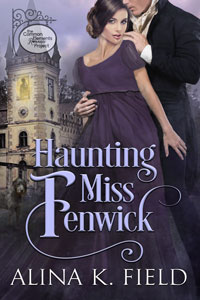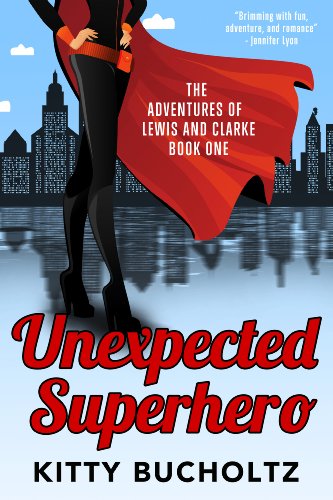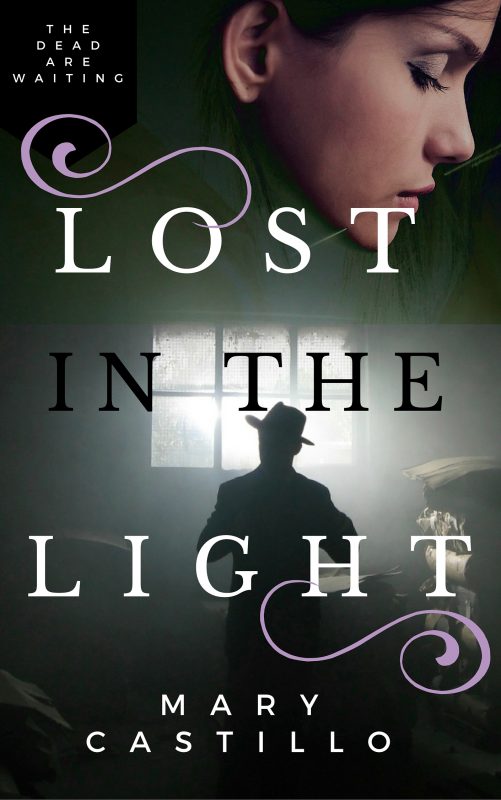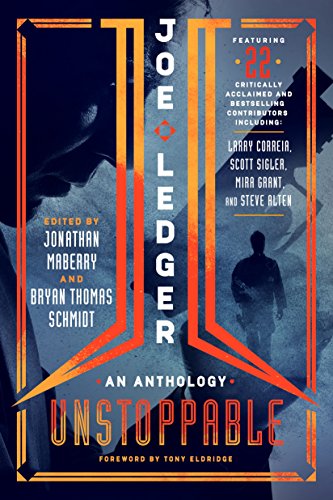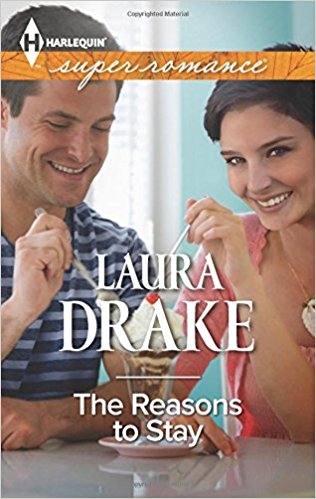CHEAP DATE: E-Book Pricing
January 31, 2011 by Rebecca Forster in category The Write Life by Rebecca Forster tagged as Authors, cheap ebooks, Free eBooks, pricing, readers, Rebecca Forsterby Rebecca Forster
When I was asked out on my first dinner date, my mother gave me some sage advice: “Order Chicken Kiev.â€
To this day, I don’t know if my mother was being considerate of my date’s financial status (Chicken Kiev was the cheapest thing on any menu) or was worried that I would be considered high maintenance and never be asked out again. Either way, I ate so much Chicken Kiev back then I thought I might be Ukranian.
Which brings me to the topic of the day: frugality. I don’t eat Chicken Kiev any longer (I’m not even sure I could look at it) but I do clean my own house, make most of my own clothes and serve leftovers for dinner. Yet, when it came to books, frugality was never a consideration. I know what it takes to write a novel. It is damn hard work. As an author, I hope that readers realize that they are paying for my effort in the same way I benefit from the expertise of anyone whose service I purchase. So, when I found a site called The Frugal E-Reader I had a few questions about books and price.
Enter Elizabeth Trudgeon Brown, Founder of the Frugal E-Reader: Kindle Finds for Under Nine (dollars), a review site for Indie and traditionally published authors alike whose books are available digitally. I wanted to ask her what role frugality plays in this new age of publishing.
Why did you decide to blog about inexpensive (some would say cheap) books instead of books in general?
While I was eagerly waiting for my Kindle to arrive this summer, I spent a lot of time at the Kindle Store and Discussion Forums searching for books to read. I caught a few discussions about $9.99 being the price cap that eBooks are generally accepted at, or that some readers were frustrated about prices being over $9.99 since the Agency Model took affect. I started to search for books that were under that threshold, and was pleased to find that so many were available! I decided to create a place that readers could come to so that they wouldn’t have to spend a lot of time and effort researching for themselves.
Your reviews are exceptionally detailed – nothing frugal there. Do you find your frugal followers lean toward one genre or another?
Mystery, thriller, or suspense titles are generally popular among the readers of The Frugal eReader. Classics are also widely accepted, so whenever I come across a classic novel that is under $9.00, I’m sure to include it. However, I believe each genre has its own following and as long as the specific premise is intriguing, it actually doesn’t matter what genre a title falls under to do well.
Are you setting a new decision matrix by leading with price?
When I first started to search for books to read on my Kindle, I was thrilled to find that along with some traditionally published books, there is a whole community of self-published authors that offer their books at lower prices. Without my Kindle and the many hours I spent searching for books, I may have never known of these authors or books. I’m not necessarily trying to set a new decision matrix; my goal is to provide one place where readers can discover books and authors at great values.
Do you think this ‘frugal’ approach creates a new mindset among readers?
Will they continue to expect the same quality and length of work for ever lower prices?
I don’t believe that quality should always be directly related to cost. Though something may be “frugal,†it shouldn’t mean that it can’t be of great value, and vice-versa. Whether a book is $0.99 or $9.99, readers won’t enjoy coming across typos, grammatical errors, or formatting issues.
One of the biggest complaints of digital books (especially Indies) is that there is no editorial oversight. Do you think ‘frugal E readers’ are more forgiving of editorial mistakes because of the lower prices?
I’m sure readers can be more forgiving of certain editorial mistakes with self-published authors – but to an extent. Though self-published authors may not have the immediate means to hire professional editors, proof readers, or artists, they should still put as much time and effort into proofing and editing their work as they have possible. The big picture is important here; with the expansion of the eBook market, readership and revenue are likely to increase. The possible additional funds should be used for additional editing, cover art, or anything else to improve upon the published work. No matter what the market is, investing revenue to improve upon or expand awareness of a product is essential to increased success.
I have seen discussion boards where readers resent paying for digital books. They believe since they are uploaded so easily they should be the lowest price – free, in the ideal world. What would you say to them?
In most cases, the eBook version is the lowest price. Although the price may still seem high for a digital copy (say $9.99), you could pay up to $24.99 for the same title if you were to purchase the paperback or hardback version. The higher price is understandable because in printed books, there are additional costs. However, there are rare occurrences where the Kindle price is more expensive than the paperback… this could potentially be due to the high demand of that particular eBook, or the fact that the digital version provides instant gratification.
I can understand how people may feel that the digital versions should be free, especially if they have already purchased the same title as a paperback or hardback. We may see this one day, as we do now with our music or certain DVDs and Blu-Rays. However, readers should also keep in mind that what we are essentially paying for is the story; the time and effort the author took to create it, and the intellectual entertainment that the story provides – no matter what format it’s in.
What is your advice to traditionally published and Indie authors regarding price as they enter this market?
I hope that the authors see the value in maintaining reasonable prices for their work as the market for eBooks continues to increase. They shouldn’t fear pricing their books low – especially if they are newcomers to the publishing world. Let me reiterate that price does not always correlate directly with quality. A lower priced book should not mean that it’s “cheap†in the sense that it is poorly written, or poorly formatted. When an unknown author enters the market, they should consider pricing their work as a means to develop their brand. Also keep in mind that a reader may be more inclined to purchase the work of a new author at a lower price – less risk. Once the author can establish themselves and the demand for their work increases, then prices can be adjusted accordingly.
Check out The Frugal eReader at:
Blog: http://www.thefrugalereader.com/
facebook: http://www.facebook.com/pages/The-Frugal-eReader/101086513289732
Twitter: http://twitter.com/FrugaleReader
Affiliate Links
A Slice of Orange is an affiliate with some of the booksellers listed on this website, including Barnes & Nobel, Books A Million, iBooks, Kobo, and Smashwords. This means A Slice of Orange may earn a small advertising fee from sales made through the links used on this website. There are reminders of these affiliate links on the pages for individual books.
Search A Slice of Orange
Find a Column
Archives
Featured Books
HAUNTING MISS FENWICK
While he’s haunting Miss Fenwick, Miss Fenwick haunts him.
More info →LOST IN THE LIGHT
One October morning in 1932, Vicente Sorolla entered the white house on the hill and was never seen again. Now, Detective Dori Orihuela witnesses his brutal murder in her nightmares.
More info →Newsletter
Contributing Authors
Search A Slice of Orange
Find a Column
Archives
Authors in the Bookstore
- A. E. Decker
- A. J. Scudiere
- A.J. Sidransky
- Abby Collette
- Alanna Lucus
- Albert Marrin
- Alice Duncan
- Alina K. Field
- Alison Green Myers
- Andi Lawrencovna
- Andrew C Raiford
- Angela Pryce
- Aviva Vaughn
- Barbara Ankrum
- Bethlehem Writers Group, LLC
- Carol L. Wright
- Celeste Barclay
- Christina Alexandra
- Christopher D. Ochs
- Claire Davon
- Claire Naden
- Courtnee Turner Hoyle
- Courtney Annicchiarico
- D. Lieber
- Daniel V. Meier Jr.
- Debra Dixon
- Debra H. Goldstein
- Debra Holland
- Dee Ann Palmer
- Denise M. Colby
- Diane Benefiel
- Diane Sismour
- Dianna Sinovic
- DT Krippene
- E.B. Dawson
- Emilie Dallaire
- Emily Brightwell
- Emily PW Murphy
- Fae Rowen
- Faith L. Justice
- Frances Amati
- Geralyn Corcillo
- Glynnis Campbell
- Greg Jolley
- H. O. Charles
- Jaclyn Roché
- Jacqueline Diamond
- Janet Lynn and Will Zeilinger
- Jaya Mehta
- Jeff Baird
- Jenna Barwin
- Jenne Kern
- Jennifer D. Bokal
- Jennifer Lyon
- Jerome W. McFadden
- Jill Piscitello
- Jina Bacarr
- Jo A. Hiestand
- Jodi Bogert
- Jolina Petersheim
- Jonathan Maberry
- Joy Allyson
- Judy Duarte
- Justin Murphy
- Justine Davis
- Kat Martin
- Kidd Wadsworth
- Kitty Bucholtz
- Kristy Tate
- Larry Deibert
- Larry Hamilton
- Laura Drake
- Laurie Stevens
- Leslie Knowles
- Li-Ying Lundquist
- Linda Carroll-Bradd
- Linda Lappin
- Linda McLaughlin
- Linda O. Johnston
- Lisa Preston
- Lolo Paige
- Loran Holt
- Lynette M. Burrows
- Lyssa Kay Adams
- Madeline Ash
- Margarita Engle
- Marguerite Quantaine
- Marianne H. Donley
- Mary Castillo
- Maureen Klovers
- Megan Haskell
- Melanie Waterbury
- Melisa Rivero
- Melissa Chambers
- Melodie Winawer
- Meriam Wilhelm
- Mikel J. Wilson
- Mindy Neff
- Monica McCabe
- Nancy Brashear
- Neetu Malik
- Nikki Prince
- Once Upon Anthologies
- Paula Gail Benson
- Penny Reid
- Peter Barbour
- Priscilla Oliveras
- R. H. Kohno
- Rachel Hailey
- Ralph Hieb
- Ramcy Diek
- Ransom Stephens
- Rebecca Forster
- Renae Wrich
- Roxy Matthews
- Ryder Hunte Clancy
- Sally Paradysz
- Sheila Colón-Bagley
- Simone de Muñoz
- Sophie Barnes
- Susan Kaye Quinn
- Susan Lynn Meyer
- Susan Squires
- T. D. Fox
- Tara C. Allred
- Tara Lain
- Tari Lynn Jewett
- Terri Osburn
- Tracy Reed
- Vera Jane Cook
- Vicki Crum
- Writing Something Romantic
Affiliate Links
A Slice of Orange is an affiliate with some of the booksellers listed on this website, including Barnes & Nobel, Books A Million, iBooks, Kobo, and Smashwords. This means A Slice of Orange may earn a small advertising fee from sales made through the links used on this website. There are reminders of these affiliate links on the pages for individual books.


